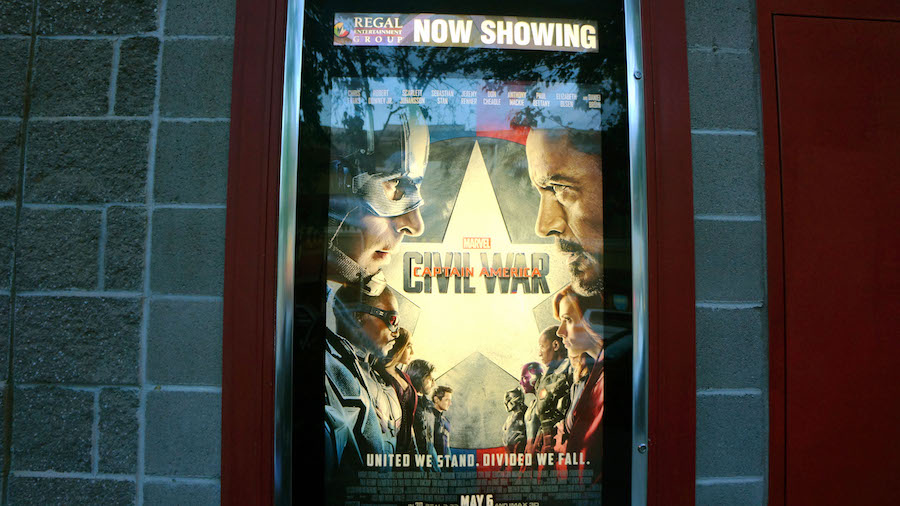
Friends fight; that’s an undeniable fact. And superheroes, it seems, are no different than the rest of us in this respect. Batman v Superman and Captain America: Civil War are the latest examples of films in which the feuds are between superheroes as opposed to villains. Feuds between superheroes are usually just more intense and more powerful, and may end up causing millions of dollars in damage to their respective fictional cities. While these two films have gotten a lot of hype because they’re the most recent examples of superheroes fighting each other, and on the big screen no less, superheroes have been duking it out in the printed universe for a while now. The Fantastic Four fought Spiderman, Iron Man and Captain America went up against Thor and, recently on television, Daredevil went head to head with The Punisher. But why are these fights between superheroes interesting to us now?
The public seems to enjoy these superheroes basically punching each other in the face and making each other endure some form of suffering (I’m looking at you, Batman). One would think that it’s easier to have two established heroes fight rather than having to think of new villains and opposing forces. Thinking up a new character both in storyline and physical appearance is a lot of work. Another reason is that when superheroes are pitted against each other, they break the typical routine of the all-powerful hero versus the stereotypical villain in which the hero usually triumphs at the end of the day.
But what makes superhero feuds more interesting is the attachment to each of the characters and the interesting situation we face when two or more of our beloved superheroes go head-to-head in battle over what is often some form of moral quandary. The question is no longer when the hero will triumph over the villain, but rather when the fight will end. Because both parties usually have their own comic book series that have been extensively developed, the executives are extremely unlikely to kill them off in most situations. The fact is that all of the superheroes involved need to be shown to be just as powerful as the other and all of them need to be given moments when we can see said strengths and what makes them a true hero capable of battling an equal-footed opponent.
I should feel really bad and extremely torn at the fact that two or more of my favorite superheroes want to basically destroy each other. And I am. Kind of. I have found there is often some form of very unresolved aspect to superhero feuds: the ending or the resolution or lack thereof. Typically, plots have somewhat satisfying endings where the evil-doer is defeated and then sent to jail or killed. But because superheroes are far less likely to kill each other, their conflicts will usually arise from misunderstandings, mind control or disagreements over specific issues. But what often happens is that one bit of info will come out later in the plot and somehow miraculously fixes all their problems. This is a problem if you enjoy a good plot. The fact that two people who were basically about to kill each other team up in a matter of seconds makes me feel that the ending is at least just a little bit anticlimactic.
But where does this leave us now? I brought up the fact that superheroes fight each other on a few occasions and in various ways. I tried to explain why I found them to be at least somewhat interesting. And I talked about how the hype for their fight is far larger than their actual fight. So what’s the verdict on my first question? Maybe this is just what the superhero industry has given us. Or maybe this is just the superhero industry forcing us to make a decision for them.
You can reach MICHAEL CLOGSTON at mlclogston@ucdavis.edu.



